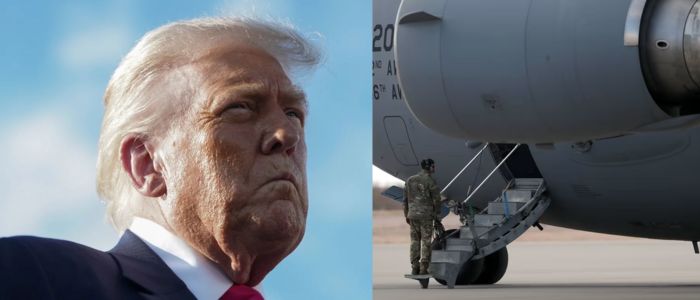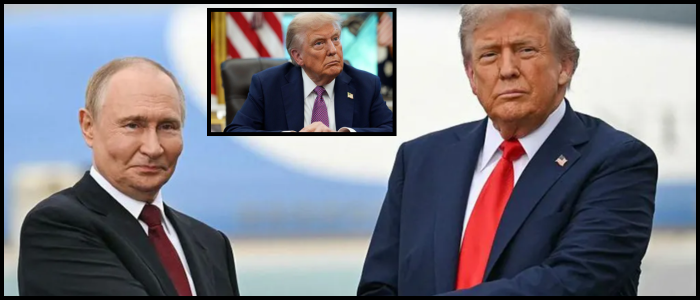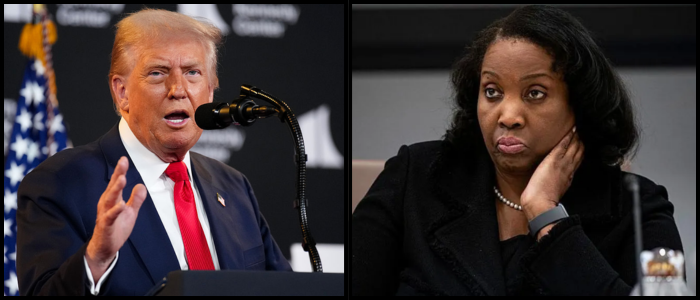US officials described them as dangerous individuals convicted of serious crimes like child rape and murder.
Eswatini's government said the deportation deal was the result of high-level talks with Washington but has kept details of the agreement secret.
The government insists the men pose no threat to citizens, but public outrage is growing. Many accuse the country's leaders of allowing Eswatini to be used as a "dumping ground" by the US.
Fears of Rising Crime and Political Manipulation
Critics say the presence of foreign criminals could increase crime in a country already suffering from high poverty rates, unemployment, and overcrowded prisons. Eswatini opposition parties and civil groups warned that local communities, already facing crime issues, could be put at further risk.
Activists also condemned the lack of transparency about the deal and questioned what, if anything, Eswatini is gaining in return.
Some regional voices, including South African groups, expressed fears that deportees could attempt to cross porous borders into neighboring countries, worsening regional security problems.
US Deportation Tactics Under Fire
Under Donald Trump's administration, the US has expanded its deportation program, striking controversial agreements with smaller or weaker nations to accept deportees, especially when their home countries refuse to take them back. Nigeria and South Sudan have also faced similar US pressure.
African leaders are increasingly alarmed, accusing the US of exploiting their countries through unfair deals and economic threats, such as tariffs.
Observers warn that these US policies could destabilize nations like Eswatini, whose economy and public services are already under severe strain. Critics argue the US is acting in its own interests without regard for the consequences in smaller, vulnerable countries.
As public outrage grows, Eswatini faces tough questions about its sovereignty, human rights obligations, and its relationship with global powers.
Politics

Eswatini Faces Anger Over Arrival of US Deportees

The arrival of foreign deportees from the United States has sparked widespread anger in the small African nation of Eswatini. Authorities confirmed that five convicted criminals, originally from Jamaica, Laos, Cuba, Yemen, and Vietnam, were deported from the US and are now being held in solitary confinement in Eswatini's prisons.















